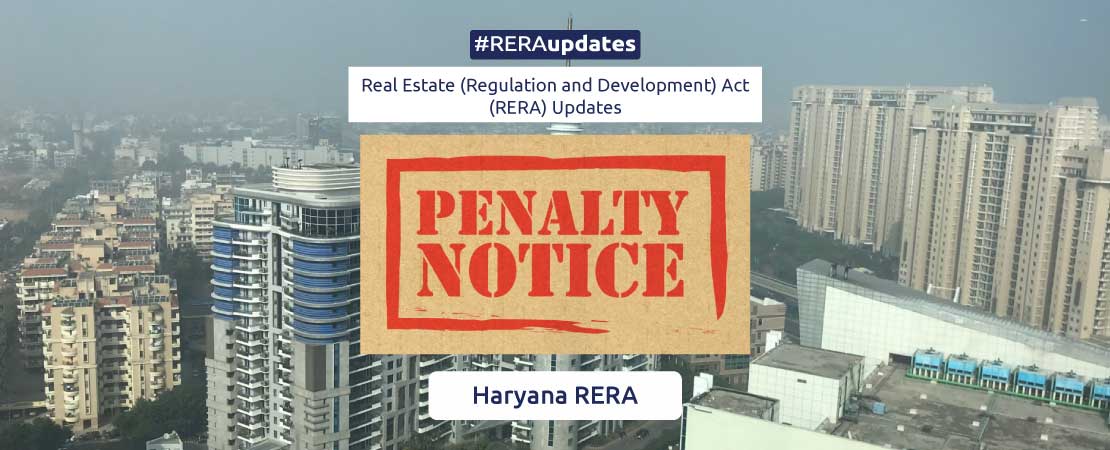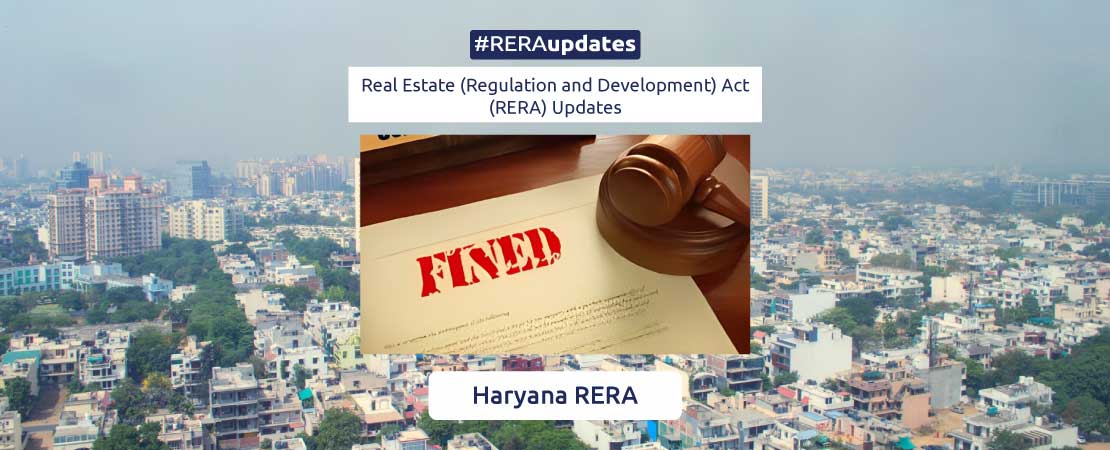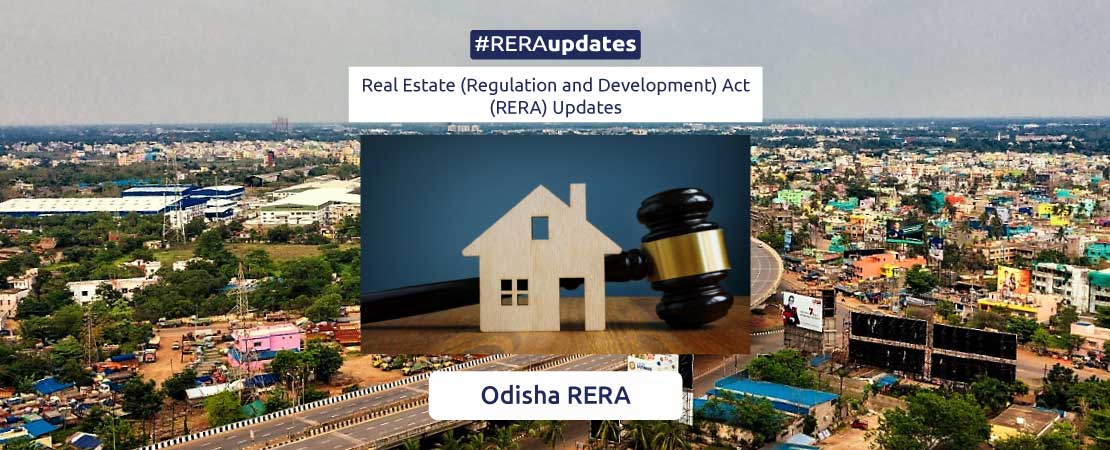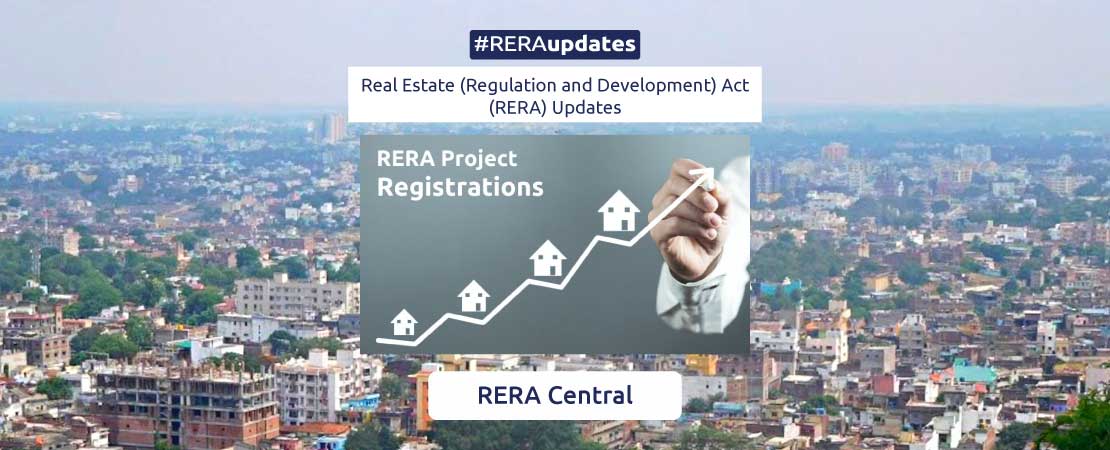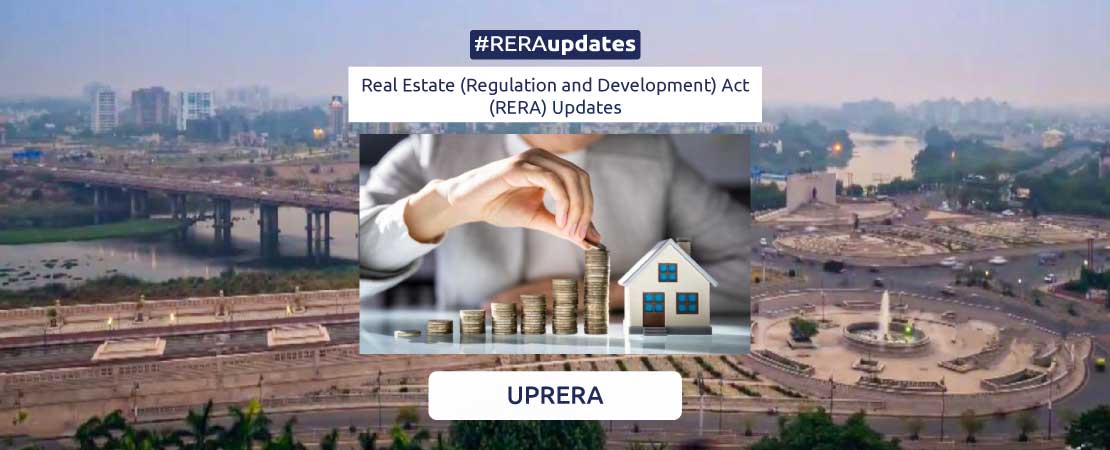After more than five years since its implementation, RERA has made remarkable progress in addressing consumer complaints across different states and UTs.
Data available with the Ministry of Housing and Urban Affairs indicates that so far, 1,00,949 cases filed under the various State iterations of RERA have been disposed of by these authorities as of 8 October 2022. Of these, approx. 72% cases (72,979 complaints) were resolved in the last three years, which include the Covid-19 pandemic.
Taking the lead over previous torchbearer MahaRERA, Uttar Pradesh’s UP RERA saw as many as 40,559 cases disposed of so far – against a mere 11,596 cases in October 2019. Haryana comes a distant second with approx. 20,539 cases disposed of, against just 2,480 cases in the corresponding period of 2019. Still going strong but no longer in the pole position, MahaRERA has so far disposed of approx. 12,507 cases.
Commenting on the same, Anuj Puri, Chairman, ANAROCK Group, said, “Still nowhere close to saturation effect but showing ‘real‘ progress, the Real Estate (Regulation and Development) Act has been visibly fulfilling one of its key functions – resolving homebuyer grievances. As per official data from MoHUA, the respective RERA authorities of various state and UTs have addressed more than a lakh consumer complaints.”
“While this is impressive, it is also true that there remains a big question mark with regards to 100% resolution,” said Puri. “At the end of the day, RERA still lacks sufficient execution powers – a fact which the Supreme Court has also expressed apprehensions over. Meanwhile, the pandemic did not break the pace of project and real estate agent registrations over the last three years.”
Project & Agent Registrations
Amounting for an impressive 109% growth in last three years, approx. 94,513 projects have so far been registered under RERA to date, from approx. 45,307 on 8th of October 2019. The states with maximum project registrations are Maharashtra, Gujarat, Karnataka, Madhya Pradesh, Uttar Pradesh, Telangana and Tamil Nadu. Together, these states account for a significant 83% share with approx. 78,258 registered projects. Maharashtra still tops the list with approx. 38,229 project registrations.
While it leads in terms of disposal of cases, UP has seen the lowest growth of 22% in project registrations in the past three years. In October 2019, the state had approx. 2,710 registered projects while the currently number stands at approx. 3304 projects, indicating that the primary focus in UP has been on project completions rather than new launches.
Among the top 7 states, Jharkhand has seen the highest three-year growth of 855% in project registrations – from 103 in October 2019 to approx. 984 projects today. Tamil Nadu recorded a 828% jump in the period – in October 2019, the state had 1,154 projects registered under RERA; this has increased to 10,711 projects today.
Meanwhile, registration of real estate agents under RERA has risen by 95% in the last three years – from 35,699 on 8 October 2019 to approx. 69,766 on 8 October 2022. Maharashtra retains its lead with the maximum number of projects and agent registrations:
* As on 8th October 2022, Maharashtra saw 38,229 projects and 38,969 agents registered under MahaRERA
* In Tamil Nadu, 10,771 projects and 2,596 agents have been registered as of October 2022
* Gujarat has seen 10,030 projects and 1,953 agents registered to date
* In Karnataka, 6,313 projects and 3,590 agents are currently registered under RERA
* Telangana currently has 5,148 projects and 2,448 agents registered
* Madhya Pradesh has seen 4,523 projects and 1,287 agents registered.
* In Uttar Pradesh, 3,304 projects and 5,583 agents have been registered.
* Rajasthan, Chhattisgarh, and Bihar are witnessing increasing momentum with 2,096, 1,562 and 1,470 projects registered respectively.
Source: https://www.financialexpress.com/money/jharkhand-sees-highest-3-year-jump-in-rera-project-registrations-up-just-22/2725240/


